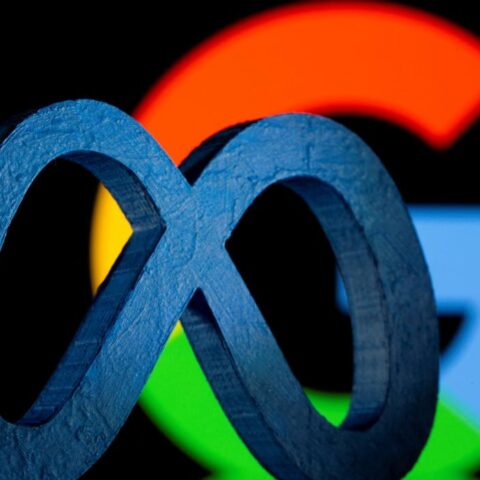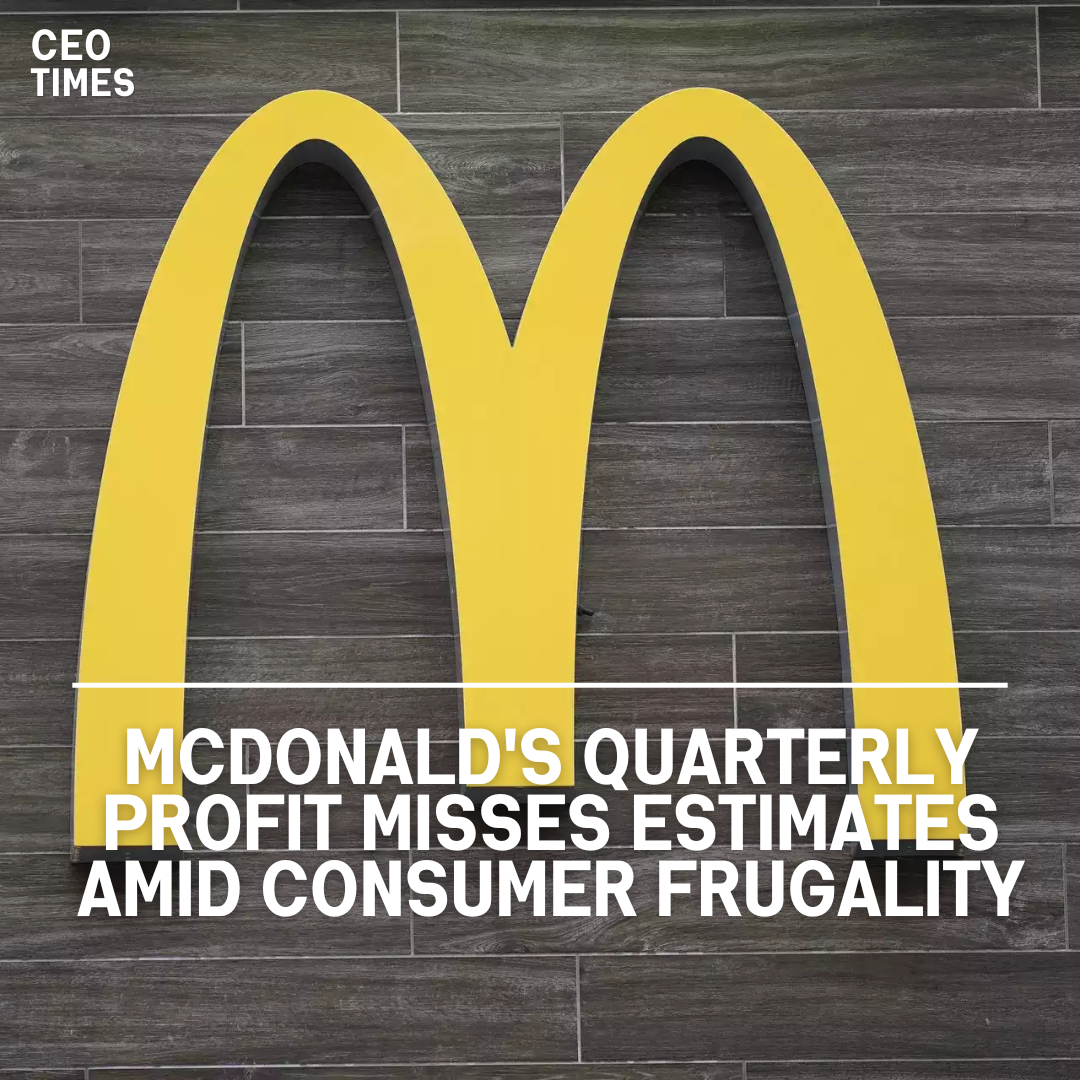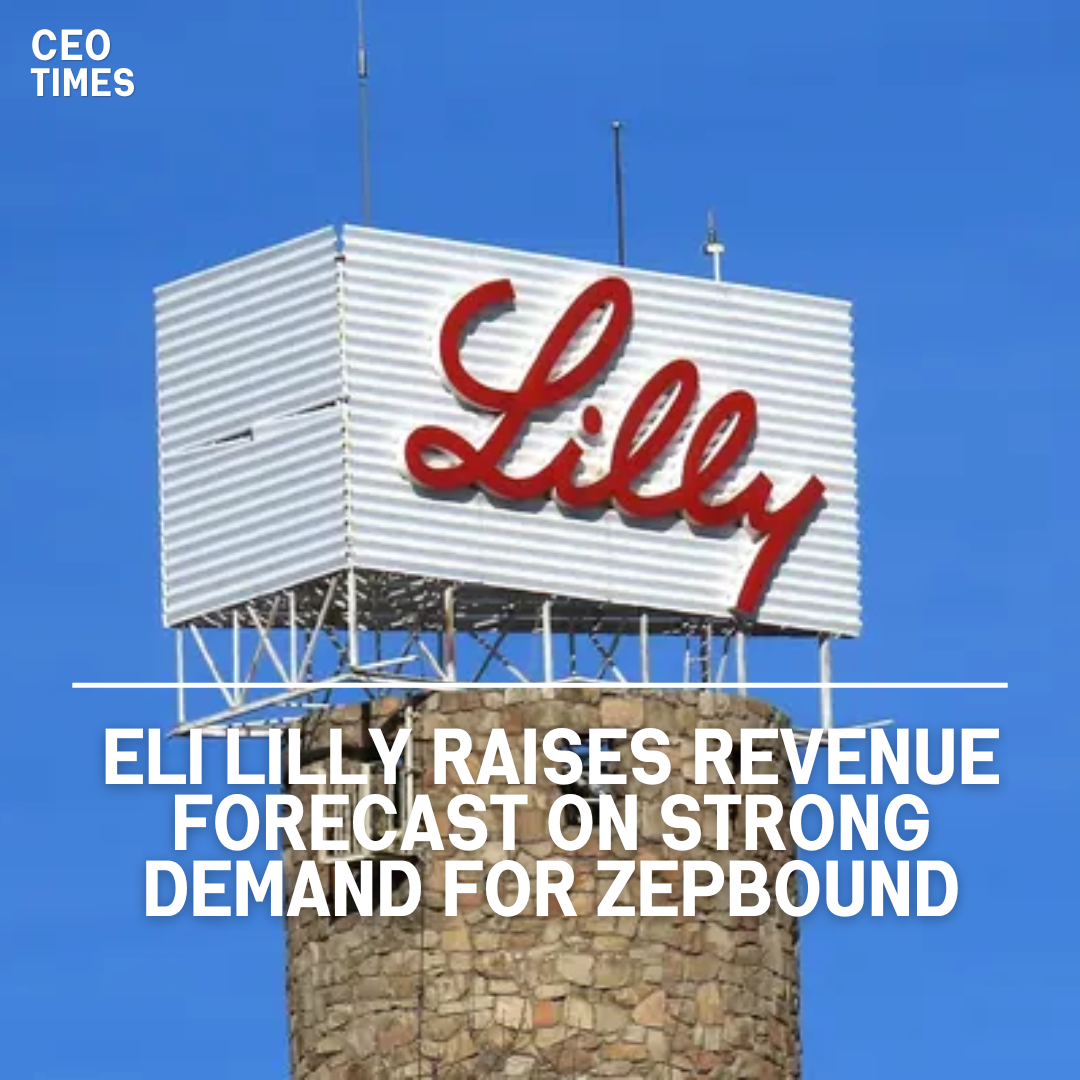The European Commission has started investigating Meta Platforms, which operates Facebook and Instagram, over suspected EU online content rules breaches. Here’s a breakdown of the key developments and concerns:
Concerns Over Disinformation Ahead of European Parliament Elections:
The European Commission has extended concerns about the spread of disinformation and deceptive advertising leading up to the European Parliament elections. There are fears of external and internal sources, including Russia, China, Iran, and political parties within the EU, influencing voters with false information.
EU Digital Services Act Mandates Stricter Regulations for Big Tech:
Under the Digital Services Act (DSA), Big Tech companies are required to take more robust measures to combat illegal and harmful content on their platforms or face fines of up to 6% of their global annual turnover. As one of the major players, Meta Platforms falls under scrutiny for its handling of disinformation and deceptive advertising.
The investigation will particularly target a Russia-based influence operation network known as Doppelganger, which Meta identified in 2022. This network clones authentic media and engages in deceptive activities. Meta claims to have blocked tens of thousands of links associated with it.
Margrethe Vestager Announces Proceedings Against Meta:
Margrethe Vestager, the EU digital chief, announced proceedings against Meta Platforms to assess its compliance with the Digital Services Act. The Commission suspects Meta’s inadequate moderation practices and lack transparency in advertisement and content moderation procedures.
Meta Platforms, with over 250 million monthly active users in the European Union, defended its risk mitigation process, stating that it has a well-established system for identifying and addressing risks on its platforms. The company expressed willingness to cooperate with the European Commission and provide further details of its work.
Suspicions of Non-compliance with DSA Obligations:
The Commission suspects that Meta Platforms is not fully compliant with DSA obligations related to addressing deceptive advertisements, disinformation campaigns, and coordinated inauthentic behavior within the EU. Concerns are also raised about the lack of effective third-party tools for civic discourse monitoring and election oversight.
The Commission cited concerns about Meta’s decision to phase out its disinformation tracking tool, CrowdTangle, without providing an adequate replacement. This raises questions about Meta’s commitment to combatting disinformation effectively.




















